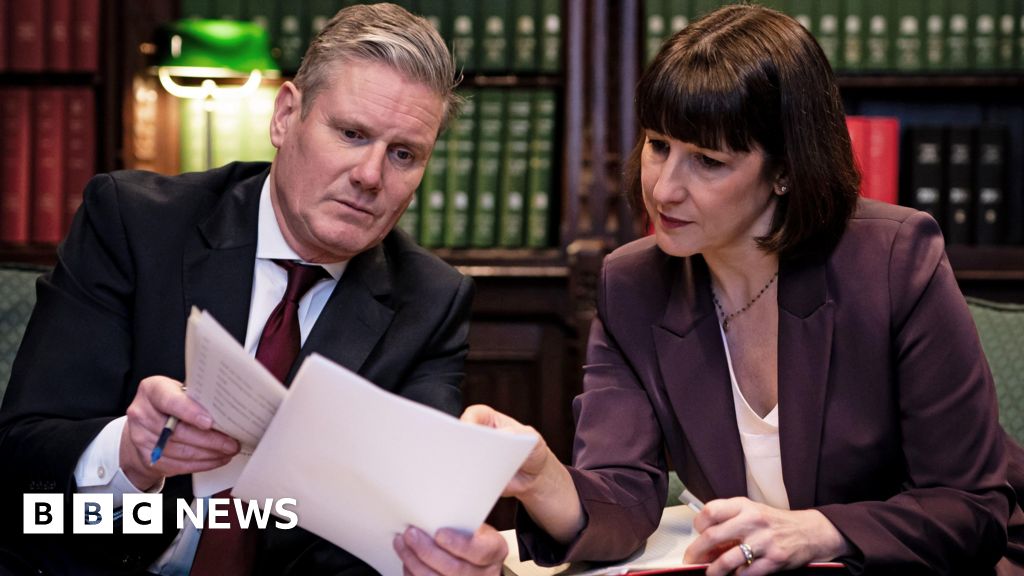Federal Reserve Chairman Jerome Powell reiterated the central bank’s commitment to proceed “carefully” with further interest rate moves in a speech on Thursday. But he also said the central bank may need to raise interest rates further if economic data continues to be positive.
Mr. Powell tried to paint a balanced picture of the challenge facing the Fed in his remarks to the Economic Club of New York. He stressed that the Fed was trying to balance two goals: It wants to get inflation under control, but it also wants to avoid doing too much and hurting the economy unnecessarily.
However, this is a complex moment for the central bank, as the economy is behaving in surprising ways. Officials have been rapidly raising interest rates to a range of 5.25 to 5.5 percent over the past 19 months. Policymakers are now discussing whether they need to raise interest rates again in 2023.
Higher borrowing costs are supposed to strain economic activity — slowing home purchases, business expansions, demand of all kinds — in order to cool inflation. But so far, growth has been unexpectedly resilient. Consumers They spend. Companies are hiring. Although wage gains have moderated, overall growth has been strong enough to make some economists question whether the economy is slowing enough to push inflation to the Fed’s 2 percent target.
“We are paying attention to recent data showing resilience in economic growth and labor demand,” Mr. Powell acknowledged on Thursday. “Additional evidence that above-trend growth continues, or that labor market tightness is no longer abating, could jeopardize further progress in inflation and could call for further monetary policy tightening.”
Powell described the recent growth data as a “surprise” and said it came as consumer demand held up much stronger than expected.
“It may just be that interest rates have not been high enough for long enough,” he said, later adding that “the evidence is not that policy is too tight right now.”
Economists interpreted his comments to mean that although the Fed is unlikely to raise interest rates at its next meeting, which concludes on November 1, it is leaving the door open to a possible increase in interest rates after that. The Fed’s last meeting of the year concludes on December 13.
“It doesn’t seem like he was keen on raising interest rates again in November,” said Michael Feroli, chief US economist at JP Morgan, explaining that he believes the Fed will rely on the data when deciding what to do in December.
“He certainly hasn’t closed the door on further rate hikes,” Mr. Feroli said. “But he didn’t indicate that anything was imminent either.”
Cathy Posjancic, chief economist at Nationwide Mutual, said the comments were “balanced, because there is a lot of uncertainty.”
The Fed Chairman had reasons to keep his options open. Although growth was strong in recent data, the economy could be set for a more pronounced slowdown.
Powell noted that the Fed has already raised short-term interest rates too much, and that those moves “may” still continue to slow the economy. More importantly, long-term interest rates in the markets have jumped higher over the past couple of months, making borrowing to buy a house or car much more expensive.
Powell said those difficult financial conditions could impact growth.
“Financial conditions have tightened significantly in recent months, and long-term bond yields have been an important driving factor in this tightening,” he said.
Mr. Powell pointed to several possible reasons behind the recent increase in long-term interest rates: higher growth, higher deficits, the Fed’s decision to reduce its securities holdings and technical market factors could all be contributing factors.
“There are a lot of candidate ideas, and a lot of people feel like their precedents have been confirmed,” Powell said.
He later added that the “bottom line” was higher market rates, “something we’ll look at,” and that “at the margin it could” reduce the Fed’s motivation to raise interest rates further.
The war between Israel and Gaza – and the accompanying geopolitical tensions – increases uncertainty about the global outlook. It is still too early to know how this will affect the economy, although it may undermine confidence between businesses and consumers.
“Geopolitical tensions are very high and pose significant risks to global economic activity,” Powell said.
Stocks were volatile as Mr. Powell spoke, suggesting that investors were struggling to understand what his comments meant for the immediate outlook for interest rates. Higher interest rates tend to be bad news for stock values.
The Fed Chairman emphasized the Fed’s commitment to keeping inflation under control even in a complex moment. Consumer price increases have declined significantly since the summer of 2022, when they peaked at about 9 percent. But it remained at 3.7 percent last month, much higher than the 2 percent that prevailed before the coronavirus pandemic.
“A range of uncertainties, both old and new, complicate our task of balancing the risks of too much tightening with the risks of too little tightening,” Powell said. “Given the uncertainties and risks, and given how far we have come, the committee is acting cautiously.”
Joe Rennison He contributed reporting from New York.

“Typical beer advocate. Future teen idol. Unapologetic tv practitioner. Music trailblazer.”






More Stories
Cryptocurrency firm Ledger raises price of Stax crypto wallet, launches Flex
Tesla shares fell 7% in premarket trading after failing to report earnings.
Elon Musk: Trump Presidency Could Hurt Tesla’s Competitors